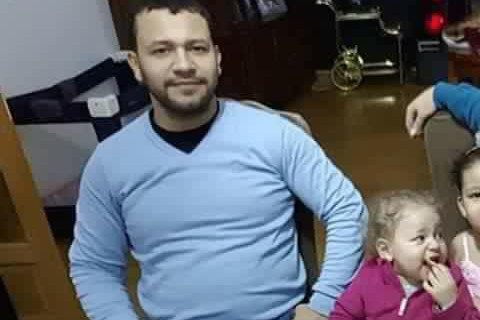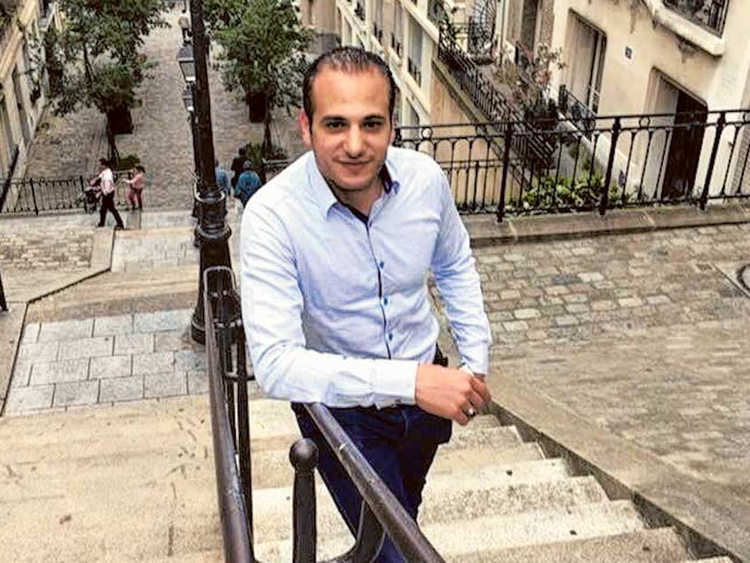
Gharbia, Egypt: Once you set foot in the Nile Delta village of Meet Badr Halawa these days, you will notice that almost all locals are clad in black.
The faces of men, women and even children look despondent. A few metres into the village located in the province of Gharbia, a big crowd of local men gather in a community service centre listening to verses from the Quran coming from a tape recorder.
The sombre ceremony commemorates the death of four natives and a child in last week’s crash of an EgyptAir plane while it was travelling from Paris to Cairo.
The five were among 66 people killed in the plunge into the Mediterranean Sea.
“My son had worked in France for many years,” says Al Tantawi Namla, the father of Khalid, one of the victims. “Engineer Khalid was coming to Egypt to spend his annual holiday with us. But God has chosen to take him,” the man told Gulf News as his voice quavered. “I put my trust in God. All I want is to have his body in order to bury him here in the village.”
Khalid, 35, was a married father of three.
Egypt-led multinational search teams have recovered body parts of some victims from the deep sea site of the crash amid fading hopes that whole corpses could be plucked.
To Ali Eid, the EgyptAir tragedy is double. “I lost my cousin and his four-old-daughter in the incident,” says Eid, the cousin of Haytham Samir. “Haytham had stayed and worked in France for 20 years. He planned to spend Ramadan with us. But God’s will was stronger than any other plan.”
The Muslim lunar month of Ramdan is expected to start this year in the first week of June. “Haytham’s only brother is also in France,” says Eid.
Over the past years, increasing numbers of natives of Meet Badr Halawa have left for France to work, earning it the title of the “French Village of Egypt”.
Around 5,000 of the village’s 40,000 population are estimated to be currently staying in France, according to local villagers.
The exodus started in the early 1980s when four young people from the village made it to France where they started a successful business in vegetable- and- fruits trade.
The expatriates’ remittances are a main source of income for the village that sets itself apart from neighbours with its plush and multi-storey houses.
“In the morning of last Thursday (May 19), we learnt from the television that the plane disappeared,” recalls Ali Bedeir, an inhabitant of the village, located around 120km from Cairo.
“The news spread quickly across the village. Immediately, microbuses,carrying people from the village, headed to Cairo airport to get more information. After long hours of harsh waiting and anxiety, we knew that the plane had crashed into the sea. We lost hope that any of its people had survived. We consider them martyrs. May God have mercy on all of them,” he adds.
“The disaster has not struck the families of the victims only. The entire village is in a state of deep sadness because we consider ourselves one family. They were like our children,” Bedeir adds.
His tribute becomes virtually inaudible as a nearby loudspeaker blares out a recorded Quranic verse on death stating “Whenever ye are, death will find you out, even if ye are in towers built up strong and high.”













